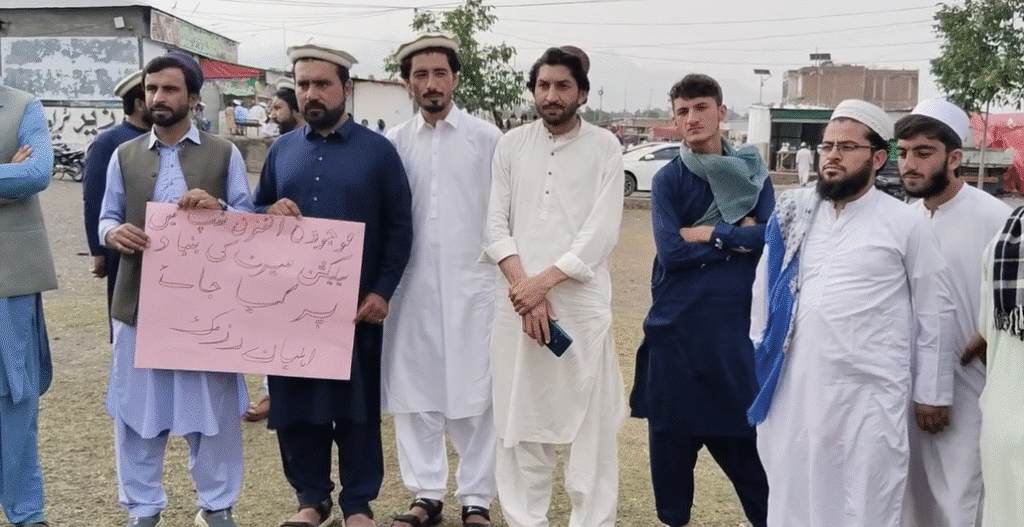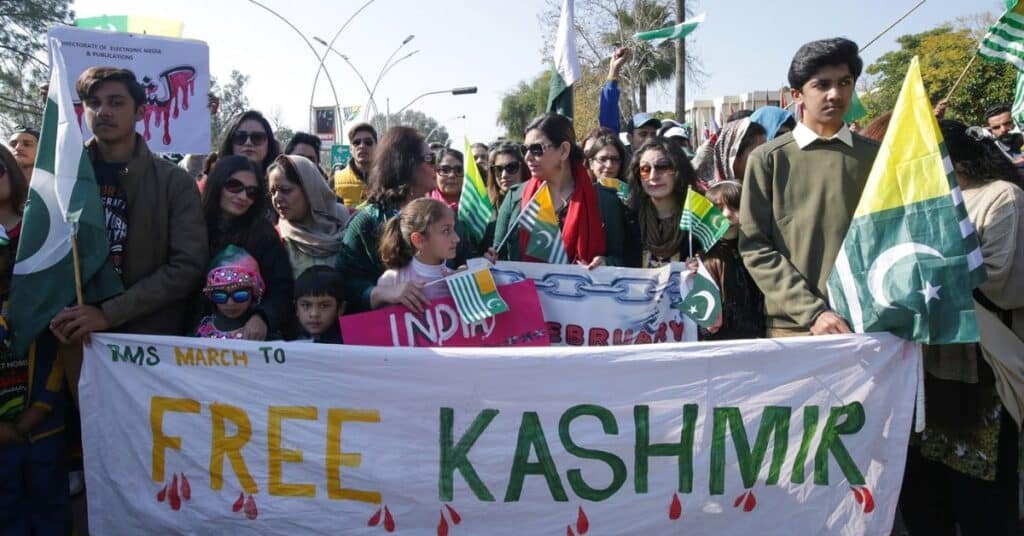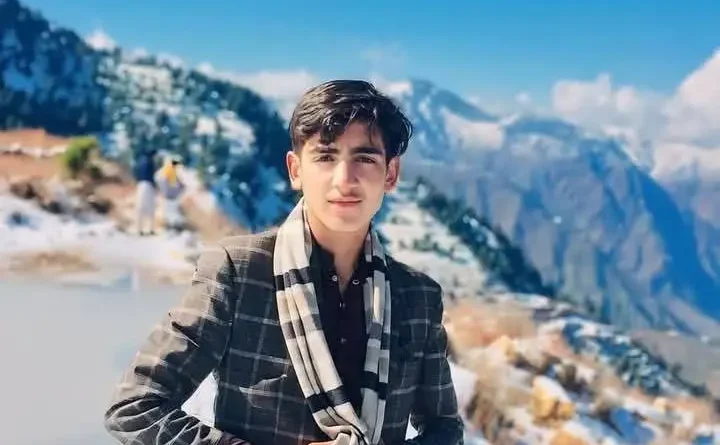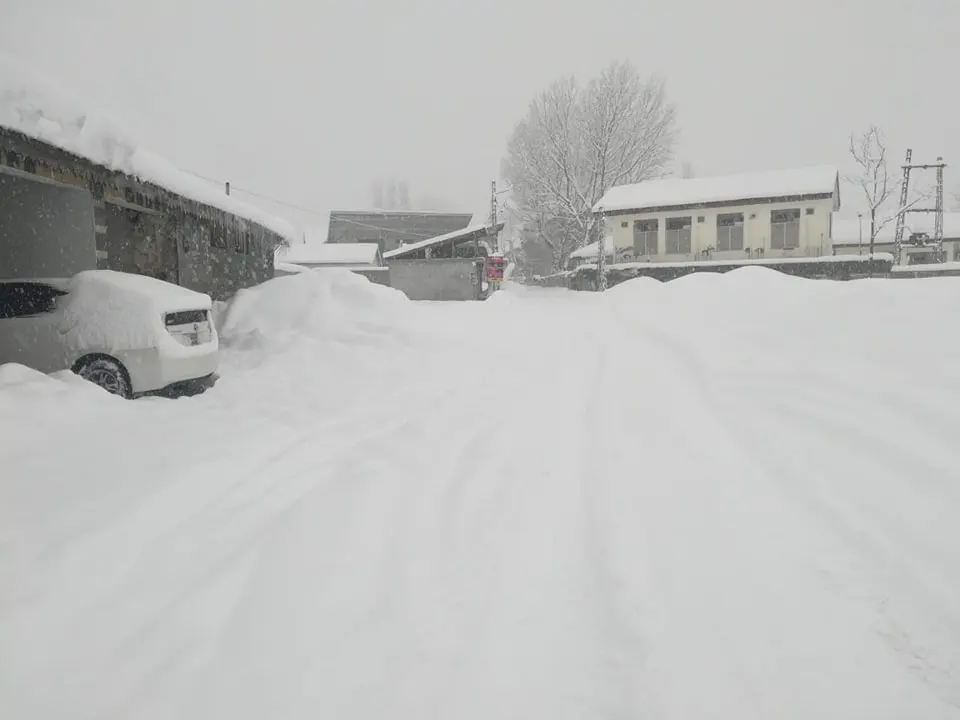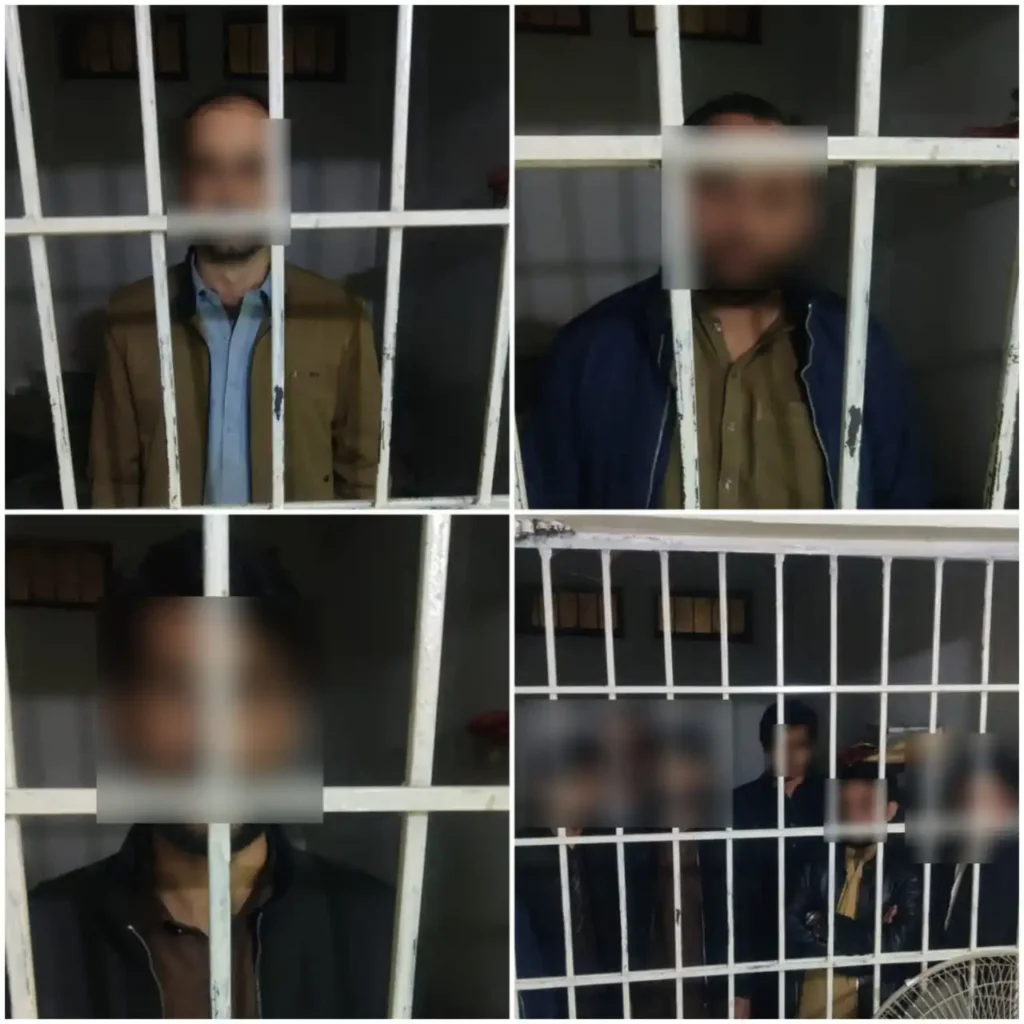In the heart of Razmak Sub-division, North Waziristan, the quiet of Razmak Bazar was broken by the voices of discontent. A large gathering of local elders, political representatives, youth, and social activists came together—not in anger, but in urgent plea—to demand attention to issues they say have long been ignored.
At the centre of the protest were two critical concerns: the worsening shortage of clean drinking water and the lack of transparency in a recent government internship program. Protesters said they could no longer remain silent while their basic needs and future opportunities were being systematically overlooked.
The water crisis, they explained, is becoming intolerable. “There are entire areas where people are desperate for just a sip of clean water,” one protester said. Many neighbourhoods, markets, and surrounding communities are suffering, and the frustration is growing. Despite repeated appeals, little has been done, and the fear is that without urgent action, the crisis could spiral into something far worse.
But water isn’t the only issue. Protesters also voiced deep disappointment over the government’s handling of internship allocations. According to them, the recent internship program ignored merit and disproportionately excluded the most underdeveloped areas of the region. Talented and deserving youth, they said, were left behind in a process they described as unfair and politically influenced. The backlash became so intense that authorities were reportedly forced to cancel the original internship order.
What the people are asking for isn’t complicated, they insisted. Clean water. Fair opportunities. A voice in the decisions that affect their lives. Among their key demands: a transparent, merit-based internship selection process—with representation from local elders, teachers, and youth to ensure public trust. They also urged authorities to take immediate and practical steps to address the water crisis before it leads to deeper unrest.
Though the protest ended peacefully, the message was unmistakably clear. “We don’t want to take to the streets again,” one elder said. “But if we continue to be ignored, we won’t have any other choice.”
In a region as historically significant and sensitive as Razmak, the people’s call for justice carries weight. They aren’t just asking for services—they are demanding dignity. And as they wait for action, one thing is certain: their silence will no longer be taken for granted.

